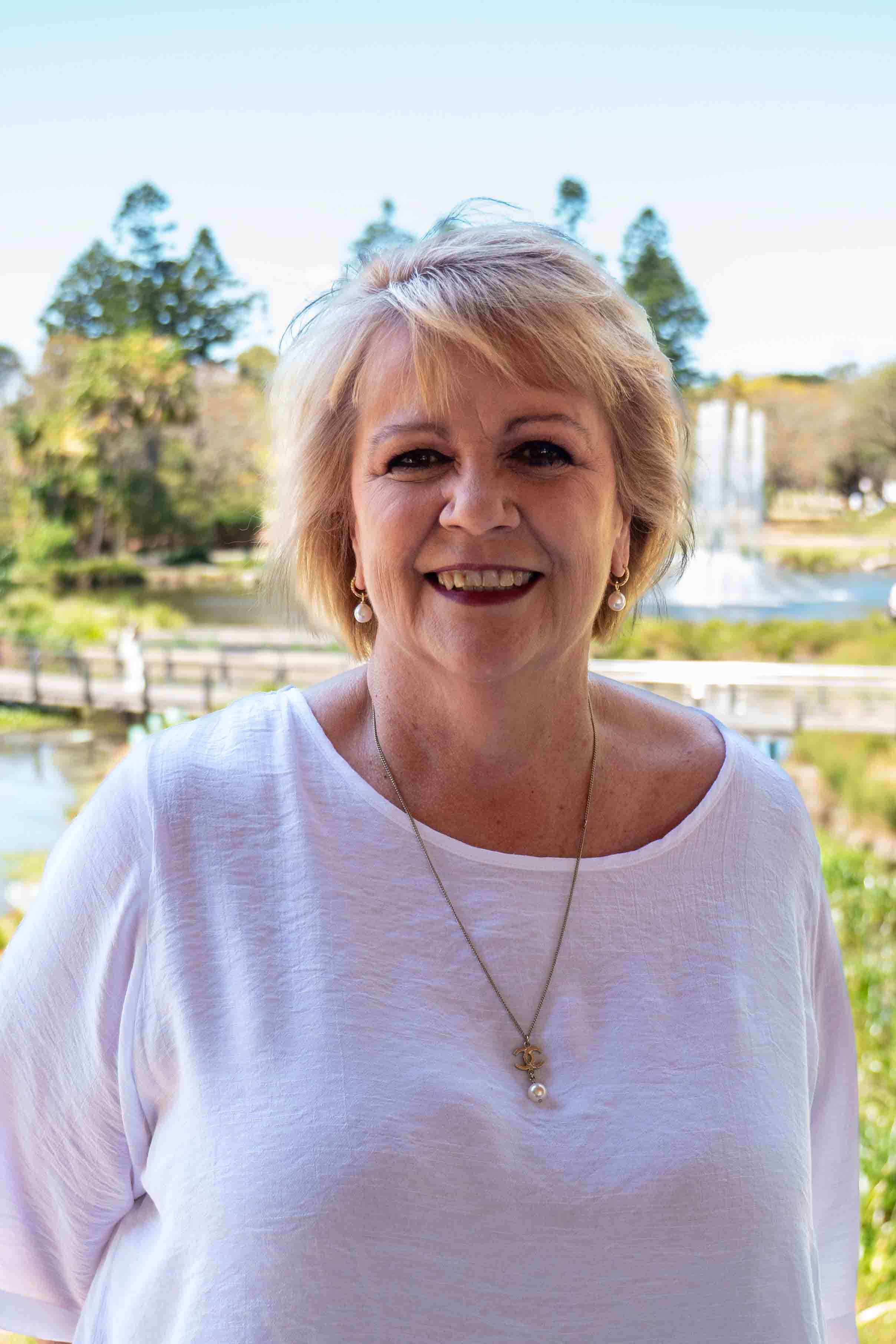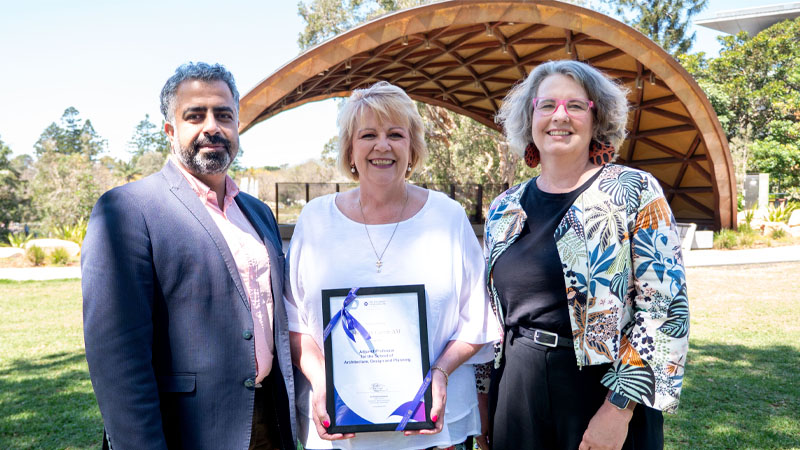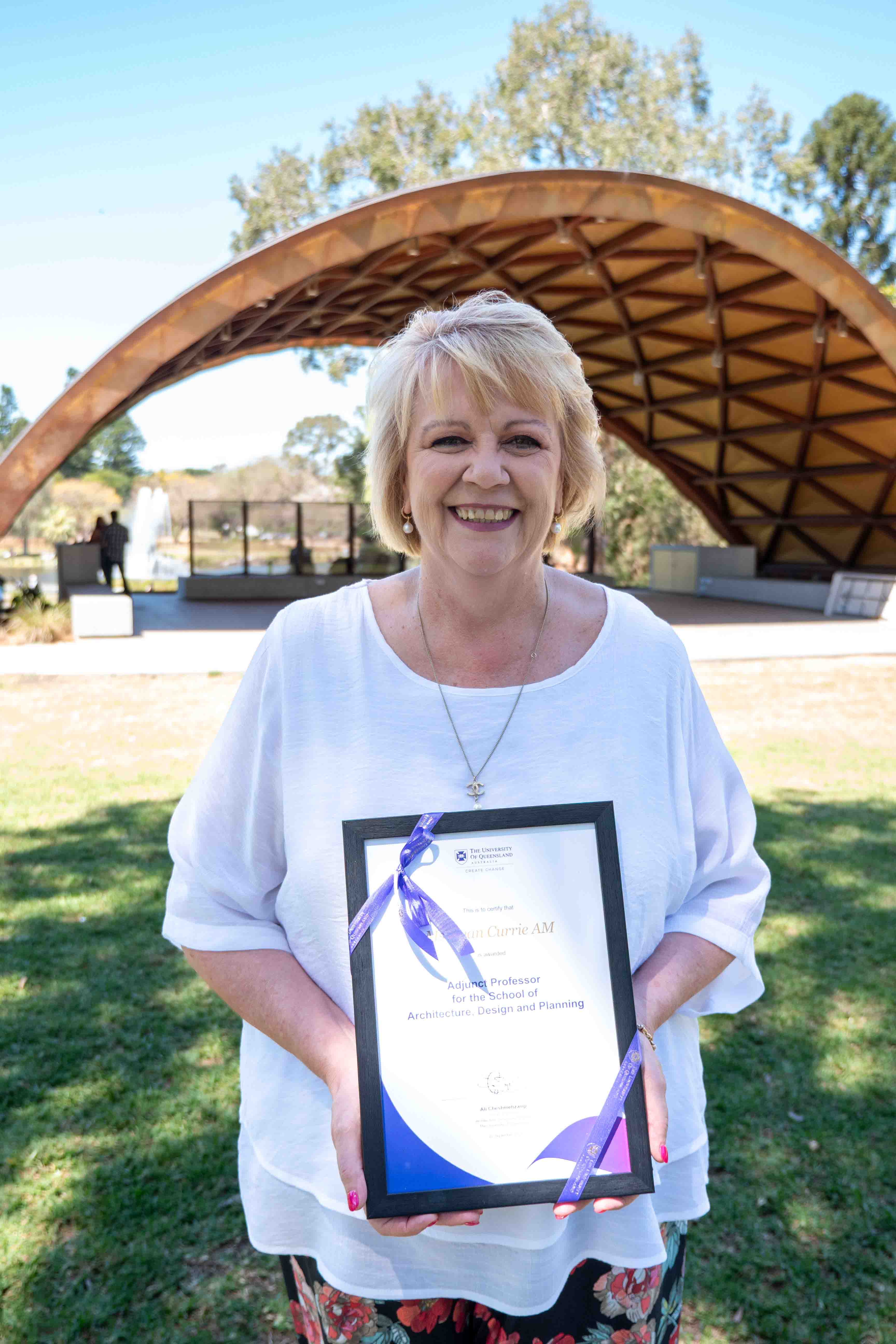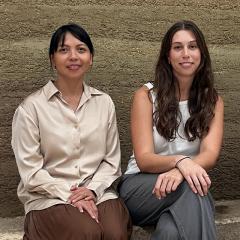An Interview with Adjunct Professor Dyan Currie
With a career spanning nearly three decades across local government, national leadership roles, and international advisory panels, Dyan Currie AM has helped shape communities from regional Queensland to the global stage. Now, in a new chapter of her career, she joins The University of Queensland as an Adjunct Professor, bringing her deep knowledge, lived experience, and passion for planning to the next generation of students.
We spoke with Dyan about her career journey, what excites her about joining UQ, and why she believes planning is one of the most impactful and rewarding professions out there.

You’ve had such a dynamic career in planning, what led you to this point?
Next year marks 30 years since I officially qualified as a planner, though I started working in the field while still at university. Most of that time has been in local government, in places ranging from small rural communities of just a few thousand people, right up to my role as Chief City Planner for Brisbane City Council, the largest local government in the country.
Alongside that, I’ve been heavily involved in professional leadership roles, from being Queensland and then National President of the Planning Institute of Australia (PIA), to serving as President of the Commonwealth Association of Planners. That led to an invitation to join the UN-Habitat Sustainable Development Goals drafting panel and contribute to global urban development conversations.
Joining UQ as an Adjunct Professor is a really exciting step for me - it’s my first formal academic role, and I’m looking forward to sharing real insights with students while also learning from their fresh perspectives.
What drew you to UQ?
I’ve always believed in the power of mentoring and supporting emerging professionals. Stepping into an Adjunct role gives me the opportunity to give back, to share the lessons I’ve learned along the way, from rural town planning to international policy development.
UQ has such a strong reputation for industry engagement and thought leadership, especially in planning and design. When the opportunity came up to join the university, it felt like the perfect platform to help shape the next generation of planners and to contribute to conversations that will shape the future of our cities.
It’s new territory for me. I’ve spent my career in practice, not academia, but that’s also part of what excites me. I’m looking forward to bringing a practitioner's perspective into the university and contributing in a different way.
What messages do you want to share with planning students?
That planning can take you places - literally and figuratively. I started as a student in Townsville and never imagined I’d one day be flying around the world to speak at global forums or contribute to the Sustainable Development Goals. But planning is a profession that connects you to real change, locally, nationally, and globally.
It also teaches you a way of thinking that’s incredibly valuable: how to integrate diverse perspectives, how to problem-solve in complex systems, how to lead change. Whether you end up in government, private practice, the community sector - or even outside planning altogether - you carry those skills with you.
Most importantly, I want students to know that you don’t have to be extraordinary to have an extraordinary career. I’ve just said yes to opportunities, stayed curious, and tried to help make cities better places.
You mentioned curiosity - what other qualities do you think make a great planner?
Definitely curiosity, because it drives you to ask better questions, dig deeper into problems, and stay open to new ideas.
Then there’s empathy, you need to be able to understand what communities really need, even when they can’t always articulate it. Planning is about people, and the best planners always keep that front of mind.
And finally, resilience and flexibility. This is a fast-moving profession. You need to be ready to adapt, to bounce back when things get tough, and to work across a wide range of stakeholders and disciplines.

There’s a recognised shortage of planners across Australia, what does that mean for current students?
It means the door is wide open.
Right now, around 42% of local governments in Australia report that they can’t recruit planners. In the private sector, 63% of planning-related businesses say they’d hire more if they could. That demand creates incredible opportunities for students to find work quickly, build skills, and accelerate their careers.
Regional areas, in particular, are brilliant training grounds. You get exposed to a wide range of planning issues, work closely with decision-makers, and develop a well-rounded skill set much faster than you might in a large city. It’s one of the reasons I’ve progressed the way I have - I started out in regional Queensland and had to think broadly from day one.
What excites you about being part of the UQ community?
UQ is incredibly well-connected to industry, which is vital for students. I’ve already seen how the University is involved in important conversations, whether that’s sustainability, city-shaping infrastructure, or the Brisbane 2032 Olympic & Paralympic Games. The Games in particular is one of the biggest opportunities for our region in decades, and UQ has been quick to lead the dialogue on how we maximise the legacy of that investment.
It’s also a place where students are encouraged to think big, to work across disciplines, and to challenge the status quo. I’m excited to be a part of that environment, to bring my experience to the table, but also to learn from brilliant colleagues and enthusiastic students.

You’ve worked at all levels, from community engagement to global governance. What’s kept you inspired over the years?
Honestly? It’s the sense that you’re helping to create something that lasts.
Whether it’s a small development approval that creates a beautiful public space, or helping to shape the UN’s Sustainable Development Goals, there’s something deeply fulfilling about knowing you’ve contributed to making the world a little better.
Sometimes that means talking to a local resident at a Bunnings sausage sizzle. Other times it’s sitting in a high-level policy meeting. But at every level, the core motivation is the same: building better places for people.
And outside of planning, what brings you joy?
I love cooking, hosting dinner parties, and baking of course! I travel a lot and really enjoy immersing myself in new cultures, landscapes, and cuisines. I also walk a very scruffy Cairn Terrier who’s a total joy, and, of course, I love reading (especially crime novels, which drives my husband a little mad!).
Being in nature, disconnecting, and enjoying life outside of work helps me stay energised. It’s important to find balance, especially in a profession as demanding as planning.
What’s your final advice for aspiring planners at UQ?
This profession gives you the opportunity to make a real difference, whether it’s shaping neighbourhoods, protecting the environment, or creating cities that people love to live in.
Stay curious. Be brave. Take opportunities when they come your way. And remember that even the small things you work on today might be the legacy you look back on in 30 years’ time.
Planning is never dull, and if you stick with it, it will take you places you never expected.
Adjunct Professor Dyan Currie is now working with UQ's School of Architecture, Design and Planning, contributing to teaching, mentoring, and thought leadership across the planning discipline.



